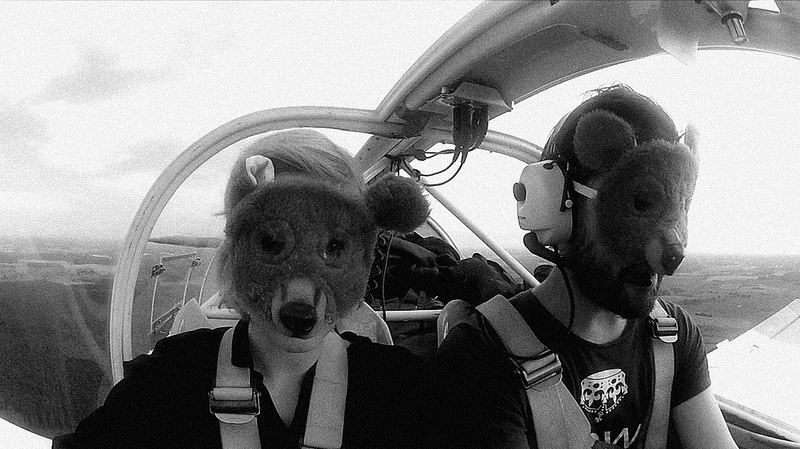German journalists are wary of the Internet. They fear that interactive and user-generated content might undermine their own professional status, according to a new study. Journalists in Germany also favour tighter state regulation of the Internet, although they are firmly opposed to any form of state intervention into the freedom of traditional media.
Ulf Bernhard and Marco Dohle from Heinrich Heine University Dusseldorf* conducted an online survey of almost 1,700 German journalists to find out how “dangerous” journalists consider the Internet, as opposed to traditional media. They were also asked if they supported state intervention into media freedom.
The study, published in Journalism & Mass Communication Quarterly, found that German journalists strongly reject such state intervention. This result is in line with other current findings, such as those of the MediaAcT research project on media accountability and transparency in Europe (www.mediaact.eu). These have shown that German (and Austrian) journalists are more fearful of any form of state intervention than their other European colleagues. This might be explained by the still traumatic experiences of rigid media control in the Nazi Regime, and the still vivid memory of censorship during the Communist era in many Eastern German newsrooms.
However, Bernhard and Dohle’s data also show that German journalists are more willing to accept tighter state regulation of the Internet, as opposed to traditional media (print and broadcasting). This is because they perceive the public as especially vulnerable to (potentially negative) media effects of news websites, Facebook, Twitter, and other online content.
Yet journalists concede that these new media forms have a considerable influence on their own work. Although they perceive the public are still more influenced by traditional media when it comes to political content, they believe their own colleagues are more susceptible to political Tweets and news websites.
But they are reluctant to admit this about themselves. In the study, results for presumed online media impact varied remarkably when asked for impact on the interviewee themselves, or on colleagues. This demonstrates that the third person effect also applies to journalists.
The researchers conclude that for German journalists: “The ‘new media’, characterized by interactivity and user-generated content might be experienced as a bigger threat to their own work by many journalists who fear losing their role as professional news messengers.” Again, this finding confirms the MediaAcT findings, showing that German-speaking journalists are least supportive of the concept of participative journalism.
German journalists also appear less enthusiastic to experiment with new journalistic formats that allow greater audience involvement. One might only speculate about the reasons; however, one possible explanation could be that the extremely comfortable financial situation of German public broadcasters and the (in international comparison) still high level of newspaper subscription in Germany, have not yet forced journalists to take advantage of the potential long-term economic benefits of experimenting with participative formats.
* Do Even Journalists Support Media Restrictions? Presumed Political Media Influence and the Consequences. Journalism & Mass Communication Quarterly 2014 Vol. 9 (2), S. 250-271.
Picture credit: European Union 2011 PE-EP/Pietro Naj-Oleari, Flikr











































